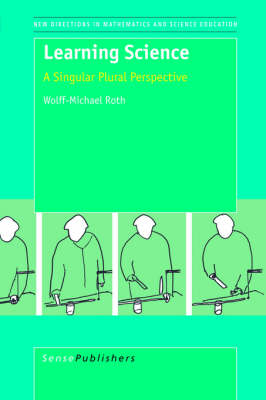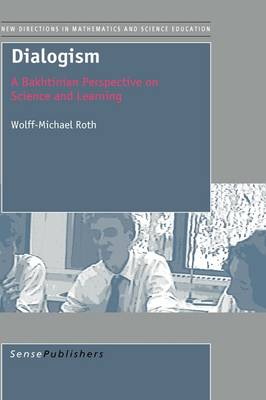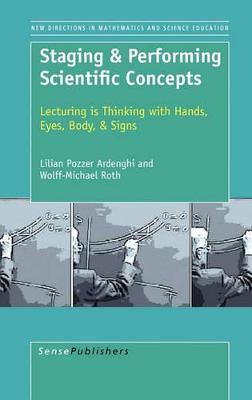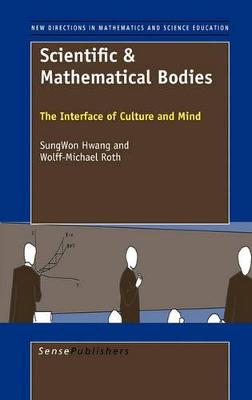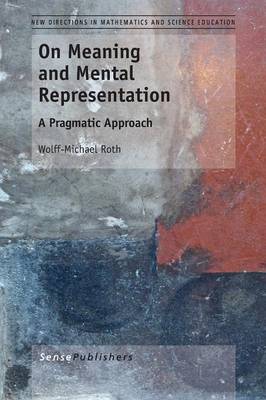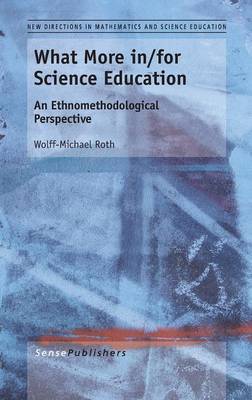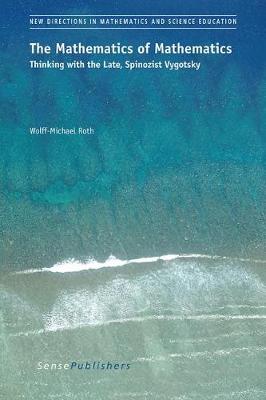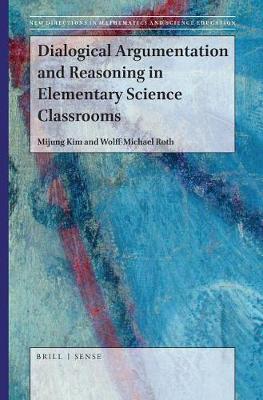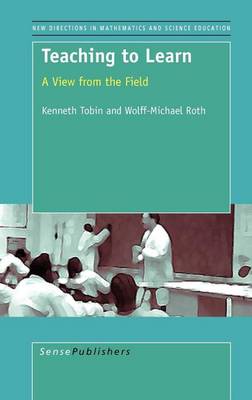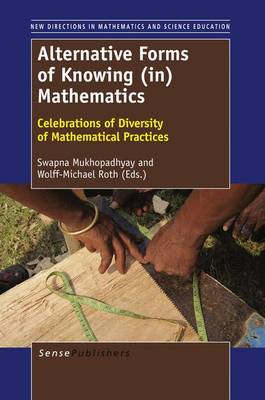New Directions in Mathematics and Science Education
9 primary works • 12 total works
Book 1
Book 14
Authentic Science Revisited
by Wolff-Michael Roth, Michiel Eijck, Giuliano Reis, and Pei-Ling Hsu
Book 15
Book 17
Staging & Performing Scientific Concepts
by Lilian Pozzer Ardenghi and Wolff-Michael Roth
Book 22
Book 26
Book 27
Book 32
Book 34
Dialogical Argumentation and Reasoning in Elementary Science Classrooms
by Mijung Kim and Wolff-Michael Roth
Authentic Science Revisited: In Praise of Diversity, Heterogeneity, Hybridity
by Wolff-Michael Roth, Giuliano Reis, Pei-Ling Hsu, and Michiel Van Eijck
Teaching to Learn: A View from the Field. New Directions in Mathematics and Science Education, Volume 4.
by Kenneth Tobin and Wolff-Michael Roth
